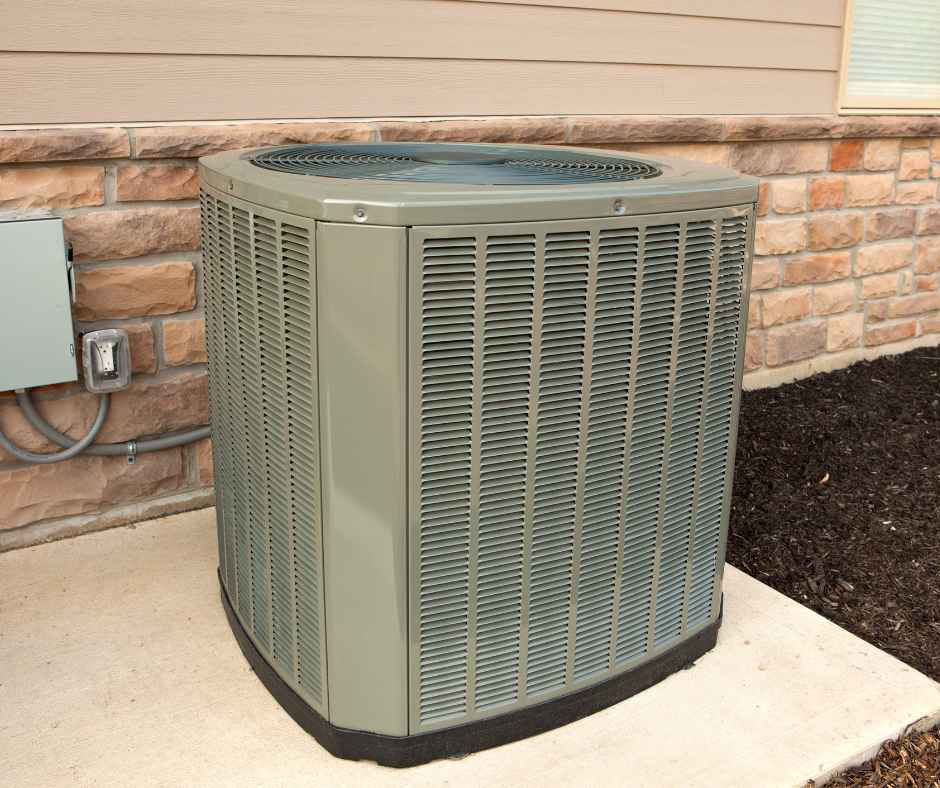520-629-9676
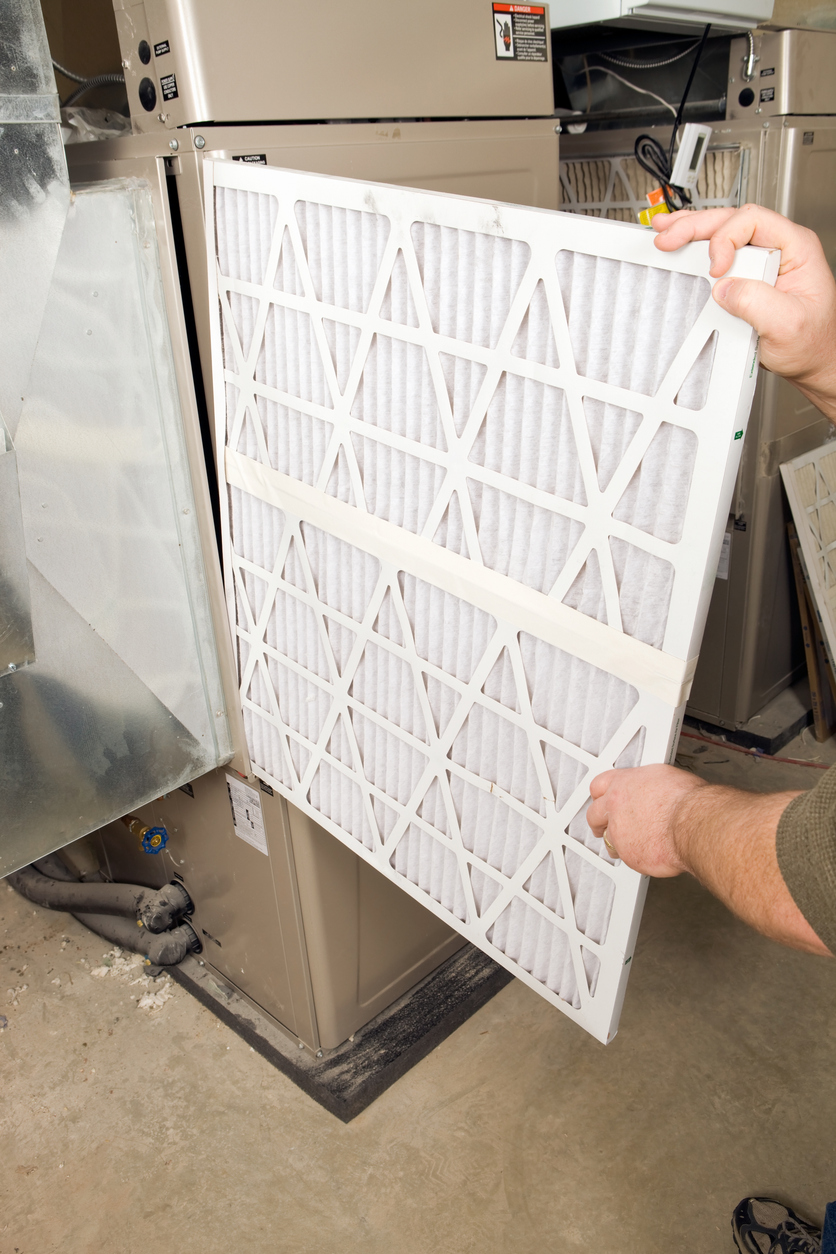
How Long Does a Furnace Last?
As a homeowner, it’s important to know the expected lifespan of your furnace to plan for potential replacements and upkeep. If you’ve ever asked yourself, “How long does a furnace last?” you’re not alone. The longevity of your furnace depends on various factors, including the type of furnace, how well it’s maintained, and the conditions it’s exposed to.
In this article, we’ll explore the answer to the question “how long does a furnace usually last,” when it’s time for furnace repair, and how proper furnace maintenance can extend the life of your system.
How Long Does a Furnace Usually Last?
Most furnaces have a lifespan of 15 to 20 years, but this can vary depending on the type of furnace and the quality of the installation. In general, furnaces that receive regular maintenance and timely repairs tend to last longer than those that are neglected. Some high-efficiency models can even last up to 25 years if they are properly maintained.
So, how long do furnaces last on average? Here’s a breakdown by type:
- Gas Furnaces: Gas furnaces are popular for their efficiency and affordability. On average, a well-maintained gas furnace lasts around 15 to 20 years.
- Electric Furnaces: Electric furnaces typically have a slightly longer lifespan than gas furnaces, ranging from 20 to 30 years. However, they may require more frequent maintenance to maintain efficiency.
- Oil Furnaces: While less common, oil furnaces usually last around 15 to 20 years. Regular maintenance is critical due to the buildup of soot and dirt that can reduce their lifespan.
Factors That Affect Furnace Lifespan
While understanding the typical lifespan of a furnace is helpful, several factors can influence how long a furnace lasts in a house. Some of these include:
- Quality of Installation: A furnace that is installed properly by professionals will operate more efficiently and last longer. Poor installation can lead to problems down the line, shortening its lifespan.
- Furnace Maintenance: Routine furnace maintenance is crucial for prolonging the life of your system. Regular inspections, cleaning, and tune-ups ensure that your furnace runs efficiently and prevent minor issues from becoming major problems.
- Furnace Repair History: How long does a furnace last in a house with frequent repairs? If your furnace requires constant repair, it may indicate underlying issues that reduce its lifespan. Investing in regular furnace maintenance can help prevent frequent breakdowns and extend the life of your system.
- Usage: The amount of use your furnace gets can also affect how long it lasts. A furnace in a colder climate that runs consistently will wear out faster than one in a more temperate climate.
- Air Quality: Dust, dirt, and debris can cause blockages in your furnace and make it work harder. Regularly changing your air filters and keeping the system clean can help improve efficiency and prolong its life.
Signs Your Furnace May Need Repair or Replacement
Even if your furnace hasn’t reached the end of its expected lifespan, there may be signs that indicate it’s time for furnace repair or even replacement. Here are a few things to look out for:
- Increased Energy Bills: If you notice a spike in your energy bills without an increase in usage, your furnace may be working harder than it should. This could be due to wear and tear on components or a lack of regular maintenance.
- Frequent Furnace Repairs: If you’re constantly scheduling furnace repairs, it may be time to consider a replacement. Multiple repairs in a short period often signal that the system is nearing the end of its life.
- Uneven Heating: If some rooms in your house are warmer than others, it could mean your furnace is struggling to distribute heat evenly. This is a common sign of an aging furnace or one in need of maintenance.
- Strange Noises: Loud bangs, rattling, or squealing sounds are not normal and may indicate mechanical problems. Ignoring these noises can lead to more expensive furnace repairs down the line.
- Yellow Pilot Light: The pilot light in a gas furnace should always burn blue. If it turns yellow, this could indicate that your furnace is producing carbon monoxide—a potentially dangerous situation that requires immediate attention.
The Importance of Furnace Maintenance
Furnace maintenance is essential to extend the lifespan of your furnace. Routine checkups not only prevent costly furnace repairs but also ensure your furnace is operating efficiently. Skipping maintenance can lead to reduced performance, higher energy bills, and ultimately a shorter lifespan for your furnace.
A professional HVAC technician can perform several maintenance tasks to keep your furnace running smoothly, including:
- Inspecting and Cleaning Components: Dust and debris can build up in your furnace and reduce its efficiency. Cleaning components like the blower, heat exchanger, and burners helps ensure optimal performance.
- Changing Air Filters: Dirty air filters force your furnace to work harder, which can shorten its life. It’s recommended to change filters every 1 to 3 months, depending on usage.
- Checking Safety Features: A well-maintained furnace operates safely. Technicians will check components like the thermostat and flame sensor to ensure everything is in working order.
How Long Does a Furnace Last in a House?
When properly maintained, a furnace can last anywhere from 15 to 30 years, depending on the type and how often it is used. However, if your furnace is nearing the 15-year mark, you should start thinking about replacement options. This is especially true if your furnace has required frequent repairs or is no longer heating your home as efficiently as it once did.
Remember, even the best furnace won’t last forever. Regular furnace maintenance and timely furnace repairs are essential to getting the most out of your system.
Extend the Life of Your Furnace
So, how long does a furnace last? While the typical lifespan ranges from 15 to 20 years, proper furnace maintenance and prompt furnace repairs can extend that life by several years. If your furnace is getting up in age or you’re noticing signs that it’s not performing as well as it used to, it may be time to call in the professionals.
At Russett Southwest, we specialize in furnace repair and maintenance to help you get the most out of your heating system. Our experienced technicians can provide the care your furnace needs to keep it running efficiently for years to come. Contact us today for all your furnace maintenance and repair needs!
Recent News
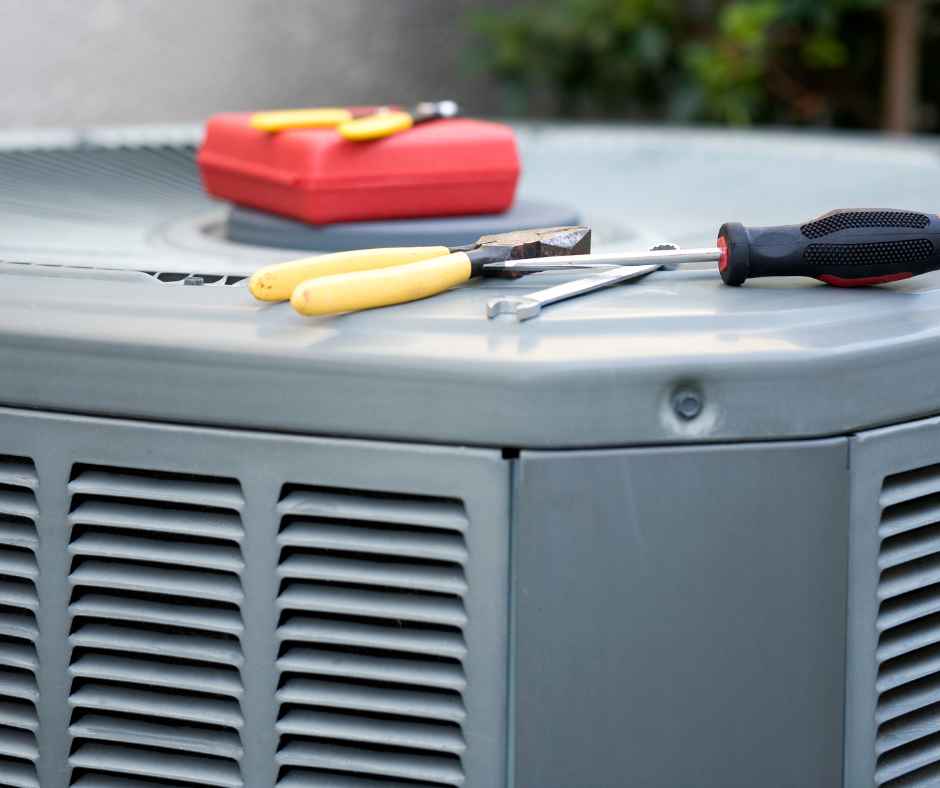
Top Signs Your HVAC System Is Wasting Energy in Tucson
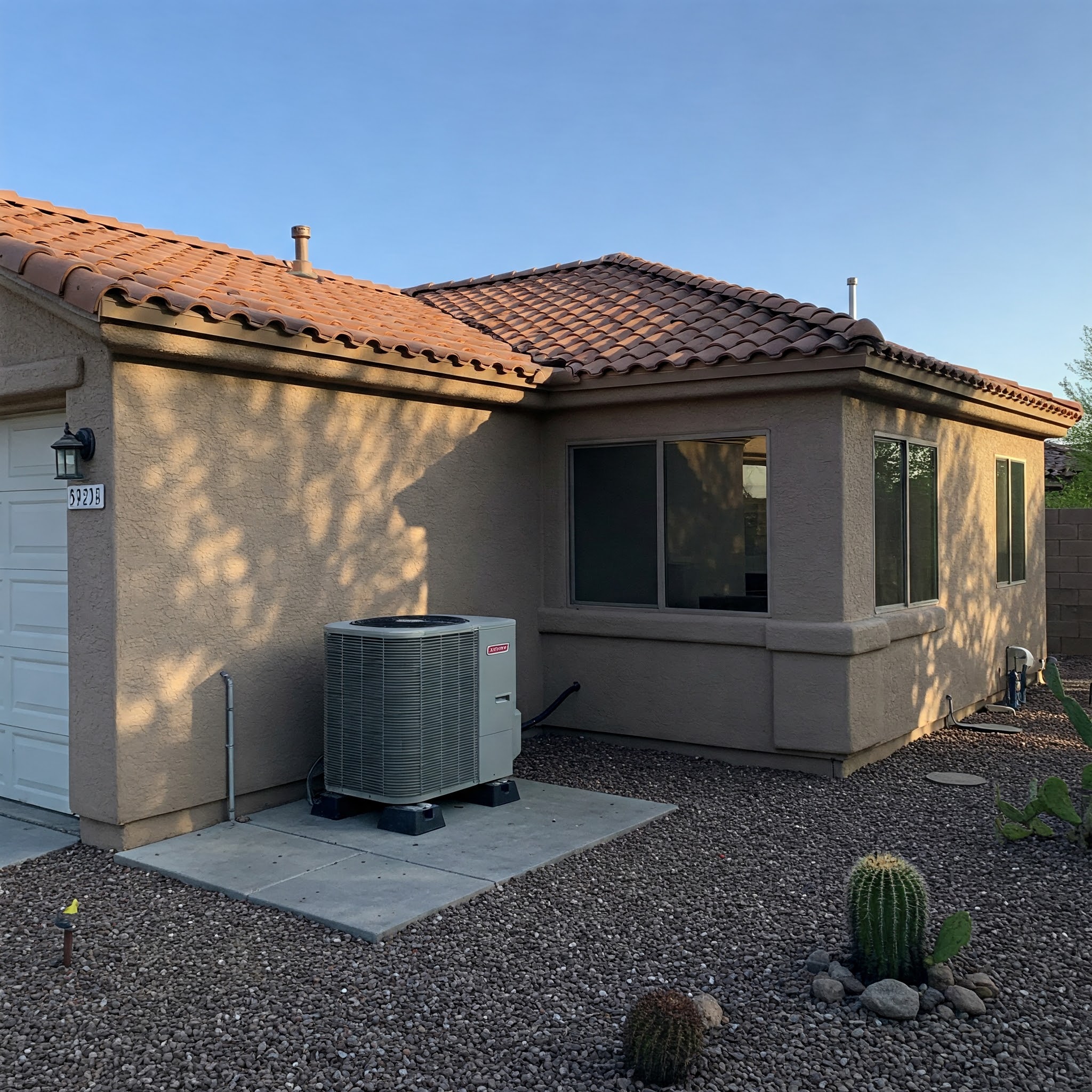
Why Spring HVAC Maintenance Is Crucial in Tucson

How Tucson’s Dust Impacts Indoor Air Quality and What to Do About It
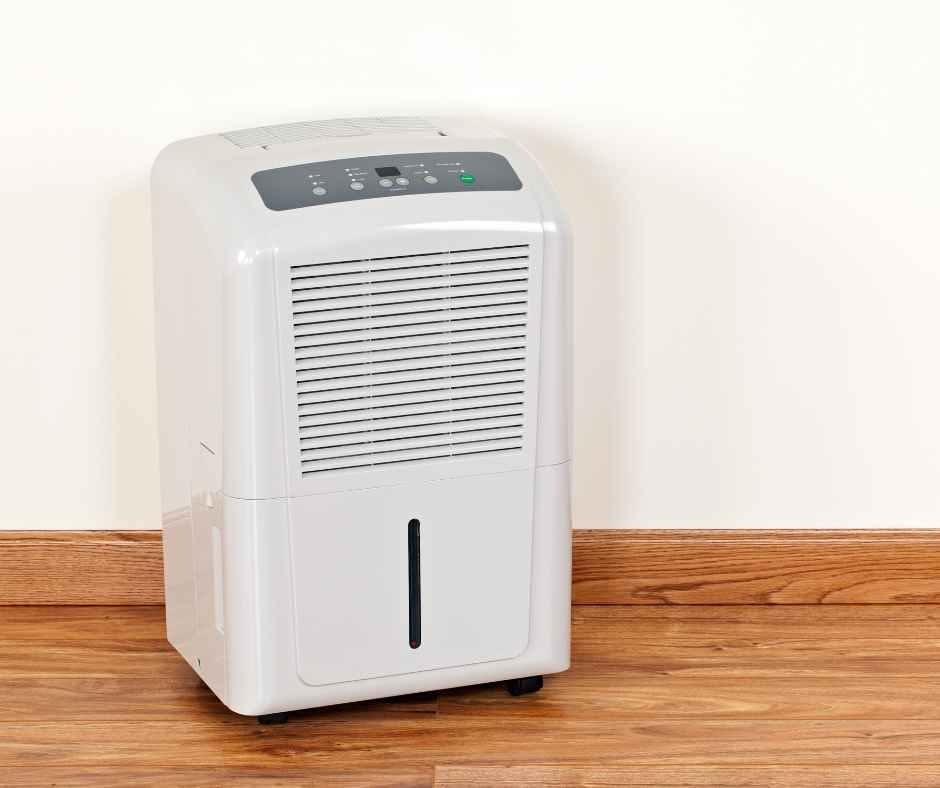
Do You Need a Dehumidifier in Tucson’s Dry Climate?
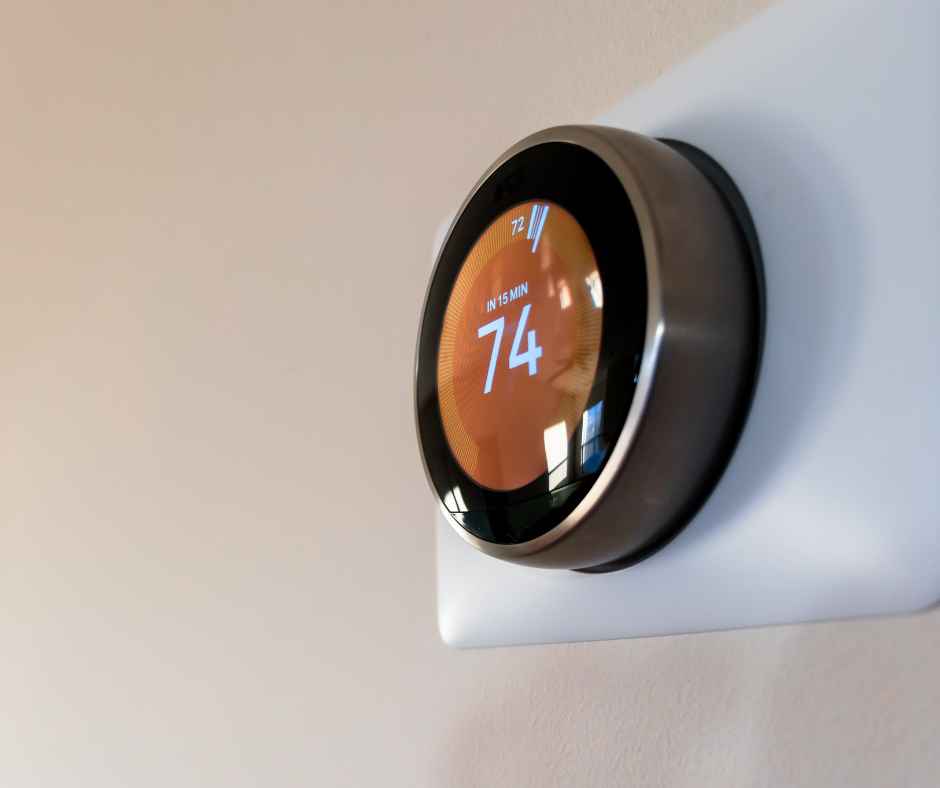
The Benefits of Programmable Thermostats in Tucson’s Extreme Weather
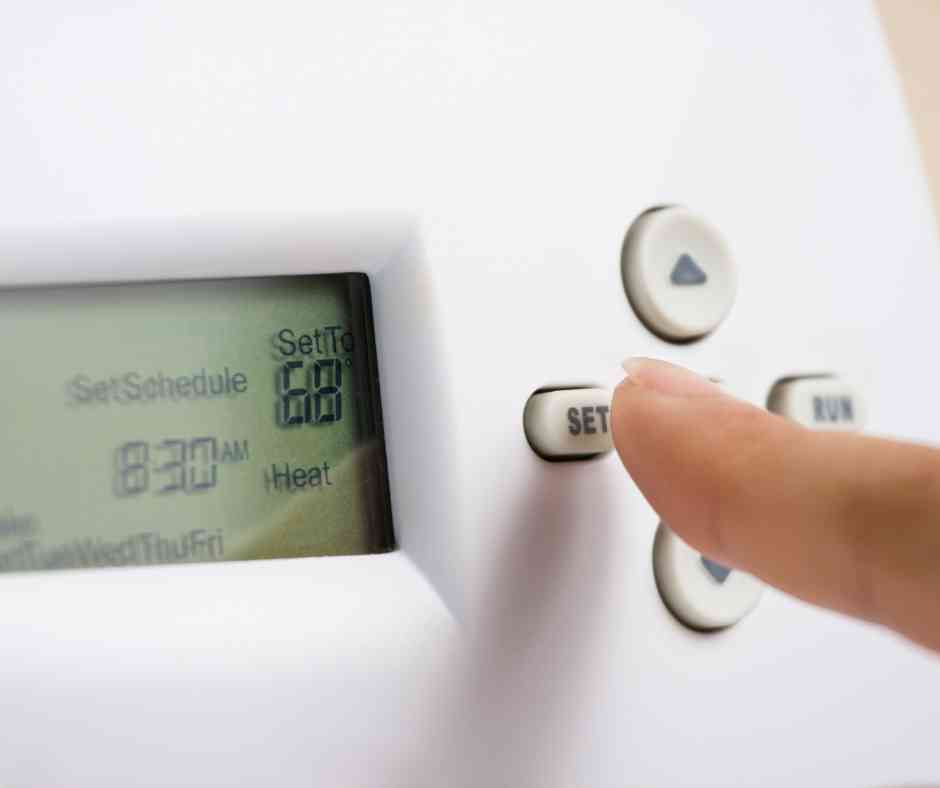
Common HVAC Problems in Tucson Homes and How to Fix Them
